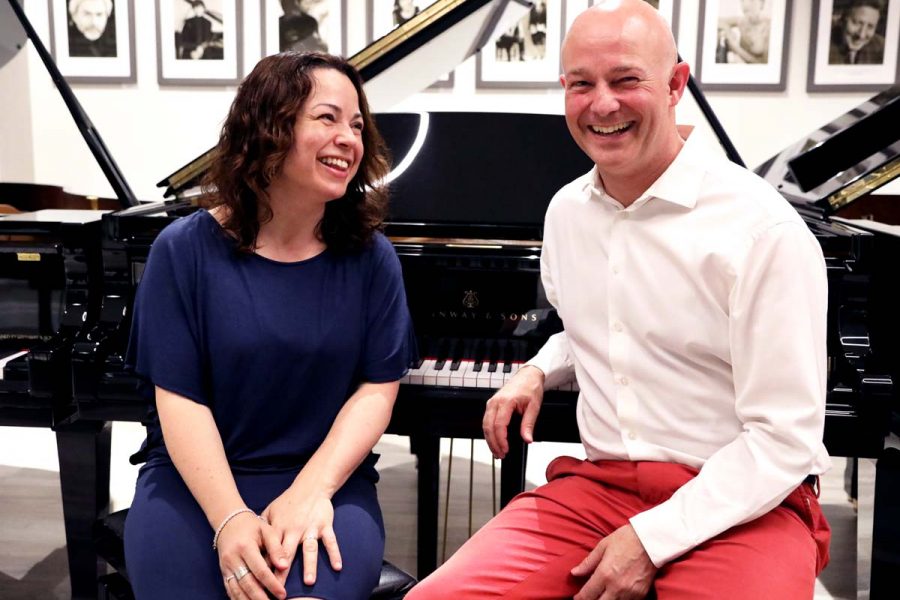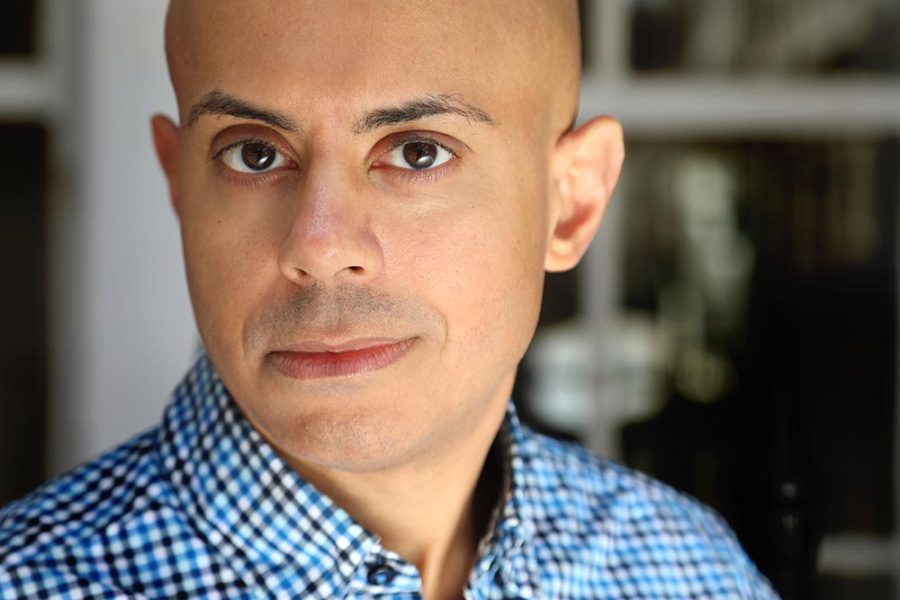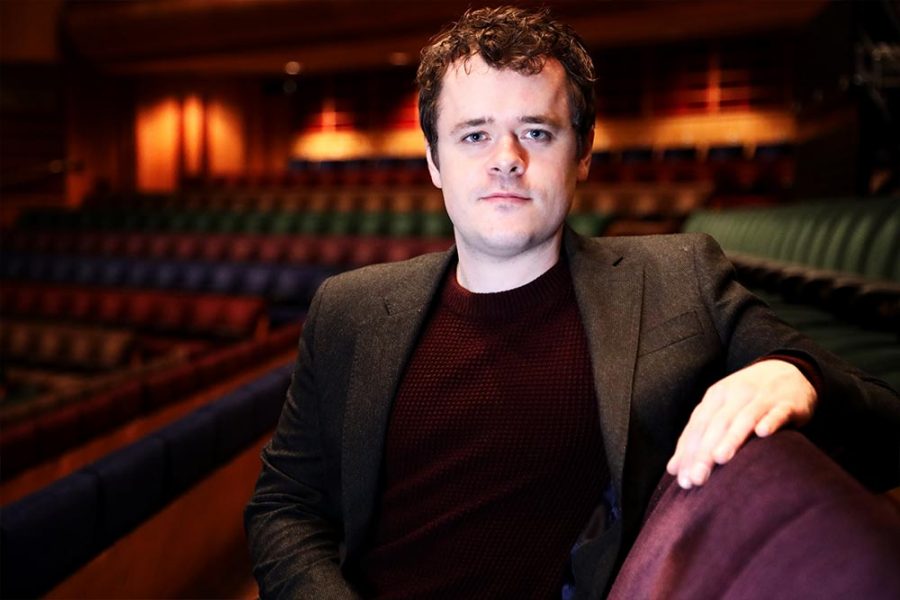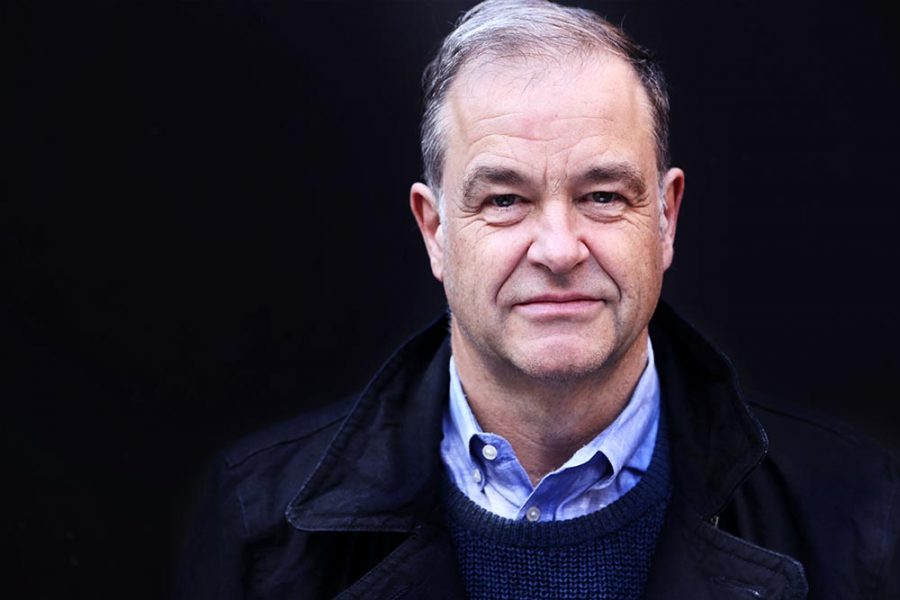Interlude: Dearbhla Collins

June 2015
Words by
Emer Nestor
Photos by
Frances Marshall
Dearbhla Collins is one of Ireland’s finest accompanists and vocal coaches. Internationally regarded for her pianistic skills, Collins is a much-loved and much respected member of the teaching faculty at the Royal Irish Academy of Music.
Her admirable passion for the arts extends across the performing and academic platforms to include an array of administrative roles such as: Artistic Administrator to the triennial Veronica Dunne International Singing Competition; Patron of the Irish Freemason’s Young Musician of the Year Competition; Board member of Culture Ireland (the national agency for promoting the arts abroad); and member of the Board of the National Concert Hall, Dublin.
Collins invites us into her busy musical world to chat about early sibling rivalry, her love of the arts, and redefining the ‘accompanist’ badge.
My mother hated it when we competed against each other and tried to keep us out of the same competitions...if one of us won she couldn't be happy for us because she was upset for the other one."

What drew you into the world of classical music?
My older sister, Mary, started piano lessons at the age of 7. My mother decided that as I was going along with her to the lessons anyway, that I shouldn’t waste any time (as a 4 year old!) and should also begin lessons…
As children was there much competition between yourself, Mary, Finghin and Donagh?
There was competition between myself and my sister…there is less than three years between us, and then a bigger age difference between me and Donagh…Finghin is the youngest. So, she and I competed, while the two boys competed with each other! My mother hated it when we competed against each other and tried to keep us out of the same competitions…if one of us won she couldn’t be happy for us because she was upset for the other one.
Does your sibling connection with Finghin enhance your duet playing?
Most definitely! I think most professional musicians have a good musical understanding of each other, but there is something deeper and more intuitive about playing music with a family member. When we play duet concerts together, we can trust in the fact that if one suddenly decides to do something completely unrehearsed and spontaneous, the other will go with it. I think that gives the performances an air of excitement.
Given the opportunity to travel back in time to speak with your 18-year-old self, what would you say?
I would appreciate practice time much more, as you never get enough of that as a professional musician with children! And I am envious of the 18-year-old pianists who decide at that age to focus on the song and opera repertoire, as I came to it in a roundabout way.
What’s the best advice you have been given along the way?
I always got amazing advice from John O’Conor, and also from my teacher in Vienna, Professor Georg Ebert, who always encouraged me to be my own person as a musician.
In terms of piano repertoire, where does your heart lie?
Mozart always in all repertoire…and in piano repertoire I have a definite love for Schubert, and then the big romantics.
Who inspires you vocally?
There are lots…the old recordings of Maria Callas of course!…the singers I heard in Vienna when I was a student…Mirella Freni, Éva Marton, Gundula Janowitz…the ever amazing Ann Murray who works with the students in the RIAM and is an incredible inspiration to all of us…my own former students Anna Devin and Tara Erraught who have gone from being RIAM students to major international opera stars, and other current international stars such as Joyce DiDonato and Ildebrando d’Arcangelo. And I confess to being an Édith Piaf and Ute Lemper fan!

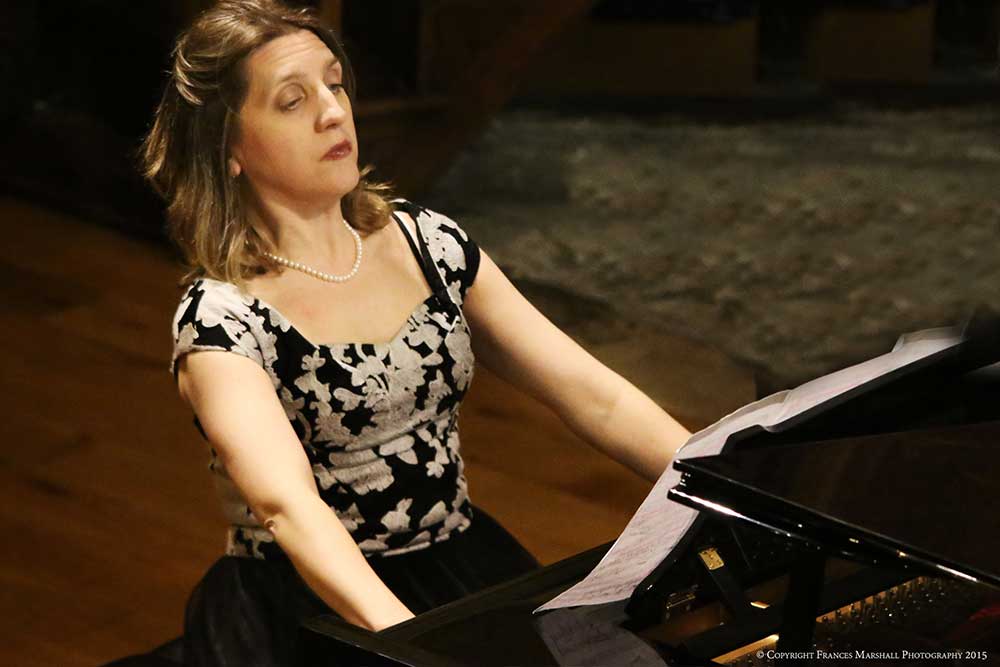


I think in both disciplines, it is important to inspire a love of music and an understanding of the basic momentum of a musical phrase, and how to shape it."

As a respected member of the teaching faculty at the Royal Irish Academy of Music, what is your pedagogical ethos?
I coach third-level singing students and teach piano to young children, which are two very different things. However, I think in both disciplines, it is important to inspire a love of music and an understanding of the basic momentum of a musical phrase, and how to shape it.
Has the caliber of new students entering the RIAM for the first time changed over the last 10 years?
I think the standard has climbed in an extraordinary fashion over the past decade. I’m glad I am not applying to study there now myself! I think it has become known as an institution that really prepares students for the next rung of their careers.
Having worked with some of this country’s emerging young talent, what are your thoughts on the evolving opera scene in Ireland?
We are a country with a small population, and only a percentage of that population are interested in opera. So, while I get very envious when I go to Munich and see busloads of people turning up for even the most obscure opera (the Bavarian State Opera has productions most nights of the year…sometimes matinees as well…and the occupancy is close to 100%), I understand that we can’t quite emulate that here.
What can we do? Be very patient I think. Start at the grass roots and educate the children of the country that opera is not some strange elitist music, but an amalgamation of theatre and the most glorious music on stage. In the meanwhile, Wexford Festival Opera is flying the flag both nationally and internationally, and the newly named National Opera House is a real asset to the country that we need to be very proud of. Opera Theatre Company continues its excellent work mostly in touring — giving up-and-coming stars a chance to learn stagecraft. Wide Open Opera and Lismore Summer Opera Festival are also mounting productions of a very high standard. There is so much to be excited about, but we must continue to build on that. We have a wealth of incredibly talented Irish singers out there, not only singing in the world’s best opera houses, but also being the real stars in them! I am so proud of them, and I know they all love working here at home. We must continue to make more and more opportunities for them here…and opportunities for the Irish audiences to hear them regularly.
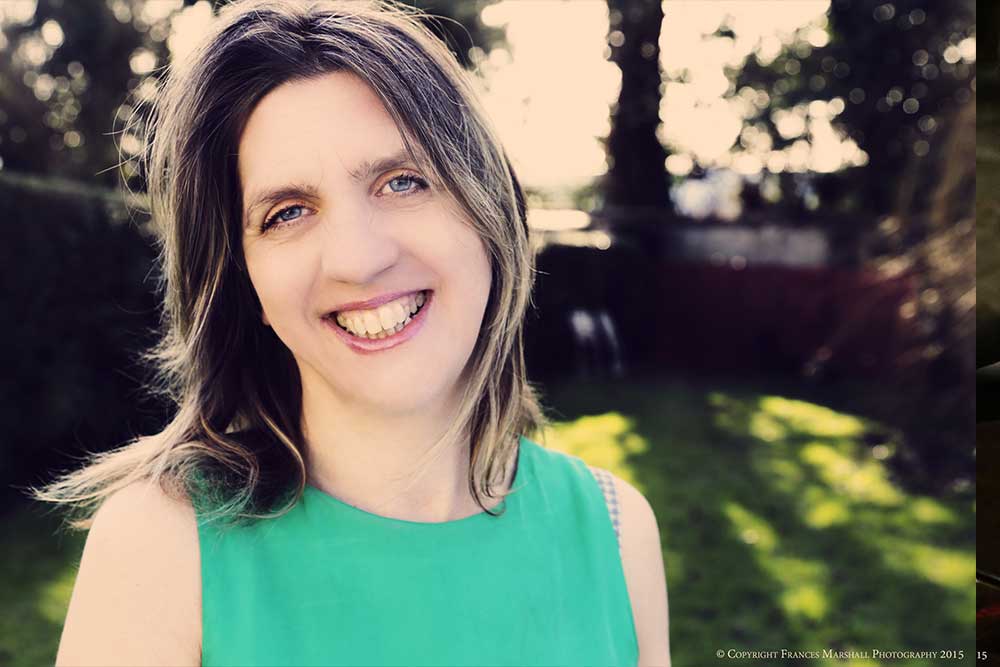


What qualities do you consider most important for any young artist setting out on an international performing career?
There is always that indefinable something, that ‘X factor’ I suppose we call it now…I prefer to say that somebody just has ‘it’ or they don’t. The ones that have ‘it’ are at a huge advantage when it comes to making a career…every time a panel of judges comes together that is what they are looking for. It is musical confidence and imagination, an ability to communicate any story with every audience member, an ease of performance…and then the vocal technique to bring all of that off!
As a much sought-after répétiteur, what are the necessary elements for a successful synergy between soloist and accompanist?
First of all I don’t like the word ‘accompanist’, and I know I am in very good company when I dare to say that! There are times when a pianist is the mere accompanist — playing the piano parts for a grade 3 violin exam, or something like that — but the repertoire that we do with singers is all duo repertoire. The singer and the pianist are equal partners in the music making. There are times when each one shines, and there are times also when each one accompanies the other. The Americans now call all such pianists ‘collaborative pianists’. I prefer just to be called ‘pianist’. When the pianist plays the piano reduction of an opera aria…is that ‘accompanying’? I think it is a combination of being both the conductor and the entire orchestra, so I don’t know what that is called!
With regards to the actual process of working together, it is vital that the pianist has a very good pair of ears and uses them! Other important elements include: listening to your own part and to the singer’s part at the same time; seamlessly moving from accompanying sections to singing sections, to more full orchestra sounds or a single harp sound; being able to move from style to style, from a German lied to a Handel aria, and understanding the different quality of sound to bring out of the piano to match the different music and different voices.
You are equally respected for your solo career, as you are for your work as a chamber musician and vocal coach — is it important to be versatile within the world of classical music?
I find it keeps you from stagnating…each aspect of what I do feeds back into the others. So, I bring the breathing of a singer into my piano playing, and suggest to singers that they approach a long note in the same way a violinist would play a long slow down bowed note.
Do you enjoy arts administration?
The arts administration is another part of the versatility of my profession. It brings a new energy to my coaching and performing career. I understand the business end of the career much better too from looking at it from that perspective. I get an equal thrill from successfully bringing off another Veronica Dunne International Singing Competition as I do from a great performance…though the amount of work that goes into something like that makes me really appreciate sitting at the piano again and ‘just’ making music!
I also enjoy meeting and getting to know the powers behind the young artist programmes in the European and American opera houses, and then helping to connect our talented young singers with them. At the end of the day, it’s all about synergies and similar minded people working towards the best possible music making.
How do you find the time and energy to constantly promote the arts, and cultivate talent both at home and abroad?
The simple answer is that I love all the work that I do! I am passionate about cultivating young vocal talent and promoting concerts in this country…and we always find time for the things we love doing! Juggling it all with children can be the big challenge!
Is your house a musical home?
Definitely…my husband David loves music. If we are not out on a Saturday night, we will always have the live Met broadcasts on the radio. My two children both learn an instrument…Ben (aged 11) plays piano, and my 6-year-old, Emily, has just started the violin. Emily loves to sing and dance as well, so it could just as easily be Annie as opera in our kitchen when I am getting the dinner ready.
As an ambassador for Irish music, tell us about your relationship with China over the past 9 years, and how the country has enchanted you?
I haven’t been to China for a couple of years now and I really need to go back! I think what fascinates me is the real exoticism of the Orient that remains, despite all the building and development there over the past decade. Although the cities have populations of 20 million, there is a calmness among the people, and a real friendliness and interest in meeting us musicians from the West. I love to see couples doing ballroom dancing in the public parks, ladies practising their Tai-Chi at the side of a busy road, an old Buddhist temple nestled among shiny new skyscrapers…I could go on and on! Oh yes, and the concert halls are great, and the food is AMAZING!!!
What are your plans for the coming year?
We have the eighth Veronica Dunne International Singing Competition taking place in January 2016, so the next few months will be very focused on that. For the first time ever, we are doing international auditions, so they will take me to New York, London, Paris, Munich, Milan, and London in the autumn. As well as that, I have exciting concerts throughout the year, including Tara Erraught in the National Concert Hall, and Music for Galway!
Before all of that, I am heading to the Belvedere International Singing Competition in the first week of July in Amsterdam where I will play for the Irish entrants, and also promote the Veronica Dunne Competition, so that trip kind of encapsulates my musical life at the moment!
I also enjoy meeting and getting to know the powers behind the young artist programmes in the European and American opera houses, and then helping to connect our talented young singers with them. At the end of the day, it’s all about synergies and similar minded people working towards the best possible music making.
All images displayed in this article are subject to copyright.
Share this article


